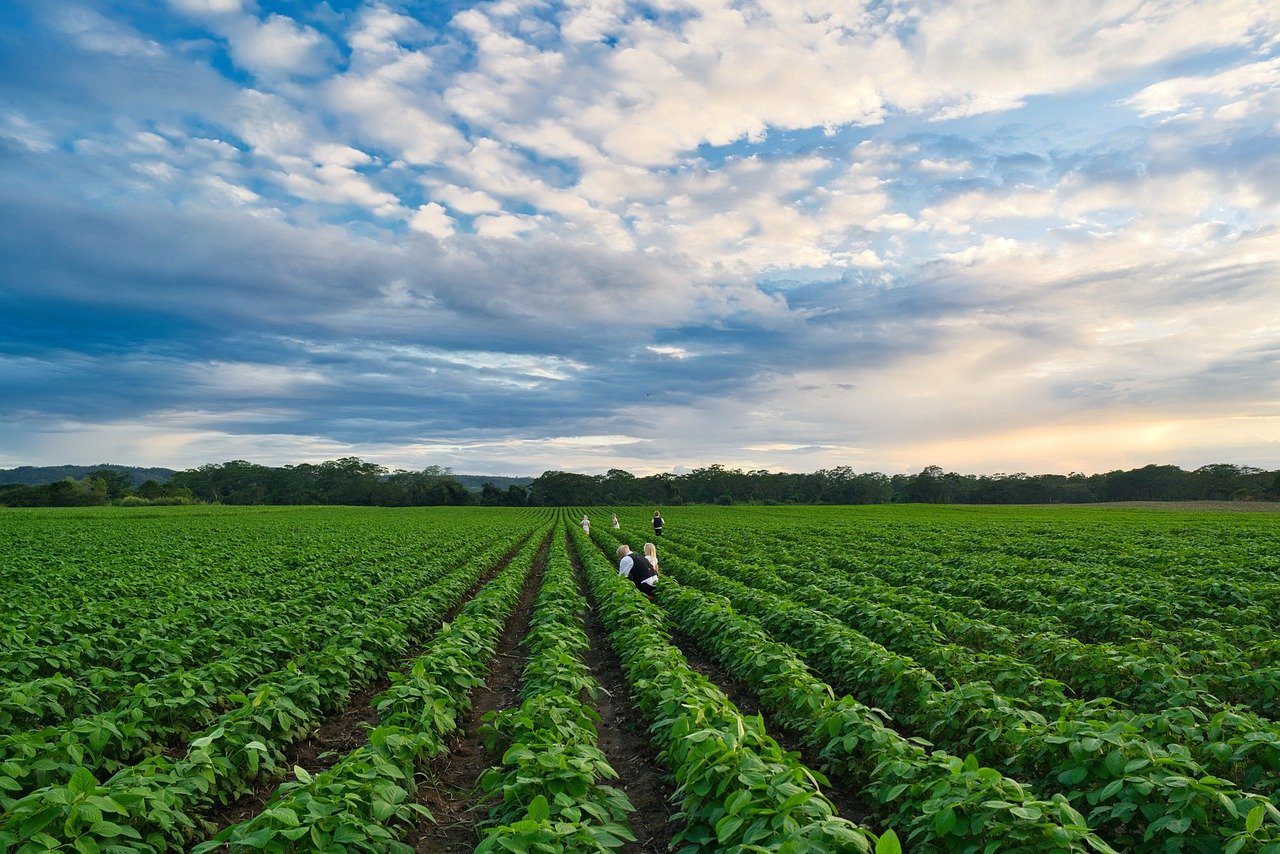Uruguay officially approved the National Bioinputs Plan with Decree No. 042/025, signed on Feb. 20, 2025. Developed by the Ministry of Livestock, Agriculture, and Fisheries (MGAP), the plan responds to the mandate set forth in Law No. 20,212 of Nov. 6, 2023, which recognizes the use of bioinputs in agricultural production as a national priority and tasks the MGAP with creating the plan.
The initiative aims to promote sustainable agricultural development, encourage the use of biological products, and foster the growth of new sectors within the national economy, according to a press release.
The development of the National Bioinputs Plan resulted from an extensive and inclusive participatory process that began in Nov. 2022 with the formation of a Bioinputs Working Group within the Ministry of Livestock, Agriculture, and Fisheries (MGAP), involving representatives from all ministry units. In April 2024, the creation of the Bioinputs Commission (COMBIO) was formalized, consisting of technicians and directors from various MGAP departments related to the production and use of bioinputs. COMBIO worked closely with key stakeholders from the productive and government sectors, as well as academic and scientific representatives, and international organizations like the Food and Agriculture Organization (FAO), the Inter-American Development Bank (IDB), and the Uruguayan-German Agricultural Dialogue (DAUA).
Key activities included a participatory workshop in April 2024, where over 100 sector actors gathered to identify barriers and opportunities for bioinputs in Uruguay. Additionally, two technical consultations were held: one, supported by the IDB, focused on regional and international best practices in bioinput registration and adoption; the other, with FAO support, provided insights into the global bioinputs landscape, adoption factors, and Uruguay’s scientific-technological capacity.
The Uruguayan-German Agricultural Dialogue (DAUA) facilitated sectoral exchanges and prioritized bioinputs as a strategic focus, enabling cooperation with German institutions. As part of this, COMBIO members participated in a study trip funded by Germany’s Federal Ministry of Food and Agriculture (BKP-BMEL) to learn about Germany’s regulatory approach to bioinputs and explore collaboration opportunities.
These efforts contributed crucial insights for the creation of the National Bioinputs Plan, which aims to increase bioinputs supply and demand in Uruguay, fostering their production, development, innovation, and registration to support their adoption in various agricultural sectors for sustainable development.
The Plan outlines four strategic axes: Innovation and Research, Strengthening Regulatory Capacities, Information and Knowledge Management, and Financing Tools. It also includes a cross-cutting axis to promote collaboration between public, private, academic, and productive sector actors. The goal is to enhance national capacities, stimulate research, and boost the domestic production of bioinputs, while promoting cooperation across institutions and sectors to drive new investments, diversify exports, and support productive transformation.
The National Bioinputs Plan is part of a broader strategic framework under the Ministry’s National Strategy for Agricultural Development (SENDA), which informs the National Strategy for Sustainable Bioeconomy (ENBS). The 2024-2026 Action Plan for the ENBS focuses on promoting integrated and innovative production systems, removing trade barriers for bioproducts, mapping regions with bioeconomic potential, and advancing the Bioinputs Plan.
Through these initiatives, Uruguay aims to consolidate an economic model that emphasizes differentiated, environmentally sustainable production, fosters bioeconomy, technological innovation, and diversifies economic activities, thereby strengthening its position in the international market.












